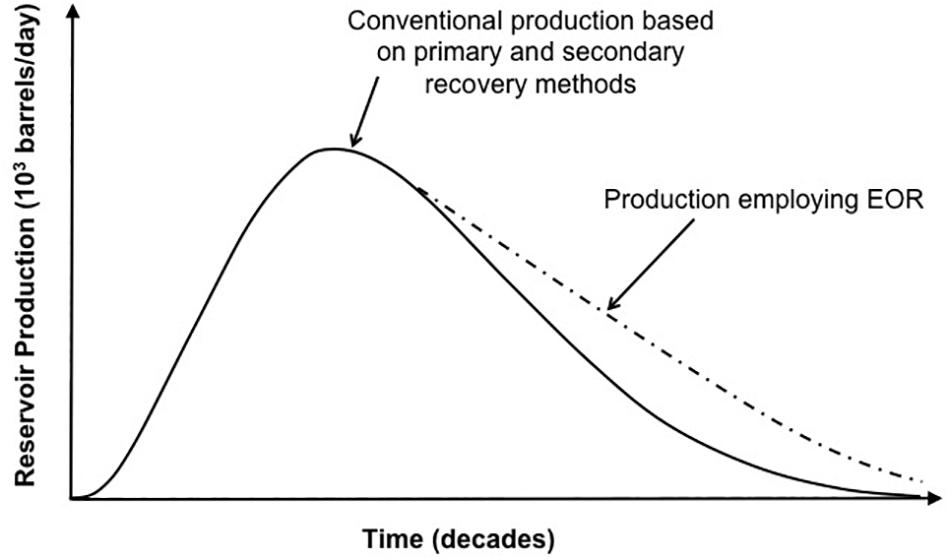Jintara Rehab Chiang Mai Photos Reviews & Guide
페이지 정보

본문
Introduction:
Marijuana, also referred to as cannabis or weed, is one of the most popular illicit drugs globally. With an escalating push for legalization in many nations, it is vital to know the potential dangers associated with cannabis addiction. This report is designed to supply a thorough summary of cannabis addiction, showcasing its effects on individuals and community.
Marijuana Addiction: Definition and Prevalence:
Marijuana addiction, often referred to as cannabis make use of disorder (CUD), is a disorder characterized by a person's compulsive cannabis consumption despite experiencing negative consequences. In line with the World Drug Report 2021 published because of the us workplace on medication and Crime, approximately 5.7 million individuals worldwide undergo cannabis problems. This staggering figure emphasizes the requirement to deal with this growing issue.
 Psychological and Physical Issues:
Psychological and Physical Issues:
The psychoactive compound in cannabis, delta-9-tetrahydrocannabinol (THC), impacts the mind's reward system, resulting in addictive behaviors. Continuous marijuana usage trigger various psychological effects such as for example impaired memory, diminished focus, Jintara Rehab thailand photos and changed judgment. Additionally, actual results feature respiratory issues, increased heartbeat, and potential lung damage from cigarette smoking.
 Dependency and Withdrawal Signs:
Dependency and Withdrawal Signs:
Regular marijuana usage can cause dependency, with people experiencing withdrawal signs upon cessation. These signs can include irritability, anxiety, sleeplessness, losing desire for food, and intense cravings for cannabis. The severity and extent of detachment symptoms can differ depending on the level of addiction and specific aspects.
Affect Psychological State:
Marijuana addiction is usually linked to mental health issues. Research indicates an elevated risk of establishing psychological diseases eg despair, anxiety, and psychosis among heavy cannabis people. Moreover, individuals with pre-existing mental health problems may go through worsened symptoms due to prolonged cannabis usage, exacerbating their particular general well-being.
Social Ramifications:
Marijuana addiction not just affects individuals but has wider personal ramifications also. Prolonged cannabis use can lead to impaired cognitive performance, affecting academic and occupational performance. Additionally, addiction can strain interactions with friends, household, and peers, ultimately causing personal separation. It would likely can also increase the probability of doing high-risk habits and criminal activities, further affecting societal well being.
 Treatment and Intervention:
Treatment and Intervention:
Treating cannabis addiction typically involves a combination of behavioral treatments, counseling, and organizations. Cognitive-behavioral therapy (CBT) can be used to assist people recognize causes, develop coping techniques, and alter addictive behaviors. Additionally, inspirational interviewing and community-based programs provides important help throughout the healing process.
Conclusion:
Marijuana addiction is a concerning issue that needs attention from health care providers, policymakers, and community as a whole. It is essential to identify the potential risks involving marijuana usage, particularly the development of addiction. Promoting general public awareness, very early input, and accessibility efficient treatments are crucial tips in mitigating the negative consequences of cannabis addiction. Just by addressing this issue comprehensively can we work towards a more healthy and much more informed culture.
Marijuana, also referred to as cannabis or weed, is one of the most popular illicit drugs globally. With an escalating push for legalization in many nations, it is vital to know the potential dangers associated with cannabis addiction. This report is designed to supply a thorough summary of cannabis addiction, showcasing its effects on individuals and community.
Marijuana Addiction: Definition and Prevalence:
Marijuana addiction, often referred to as cannabis make use of disorder (CUD), is a disorder characterized by a person's compulsive cannabis consumption despite experiencing negative consequences. In line with the World Drug Report 2021 published because of the us workplace on medication and Crime, approximately 5.7 million individuals worldwide undergo cannabis problems. This staggering figure emphasizes the requirement to deal with this growing issue.
 Psychological and Physical Issues:
Psychological and Physical Issues:The psychoactive compound in cannabis, delta-9-tetrahydrocannabinol (THC), impacts the mind's reward system, resulting in addictive behaviors. Continuous marijuana usage trigger various psychological effects such as for example impaired memory, diminished focus, Jintara Rehab thailand photos and changed judgment. Additionally, actual results feature respiratory issues, increased heartbeat, and potential lung damage from cigarette smoking.
 Dependency and Withdrawal Signs:
Dependency and Withdrawal Signs:Regular marijuana usage can cause dependency, with people experiencing withdrawal signs upon cessation. These signs can include irritability, anxiety, sleeplessness, losing desire for food, and intense cravings for cannabis. The severity and extent of detachment symptoms can differ depending on the level of addiction and specific aspects.
Affect Psychological State:
Marijuana addiction is usually linked to mental health issues. Research indicates an elevated risk of establishing psychological diseases eg despair, anxiety, and psychosis among heavy cannabis people. Moreover, individuals with pre-existing mental health problems may go through worsened symptoms due to prolonged cannabis usage, exacerbating their particular general well-being.
Social Ramifications:
Marijuana addiction not just affects individuals but has wider personal ramifications also. Prolonged cannabis use can lead to impaired cognitive performance, affecting academic and occupational performance. Additionally, addiction can strain interactions with friends, household, and peers, ultimately causing personal separation. It would likely can also increase the probability of doing high-risk habits and criminal activities, further affecting societal well being.
 Treatment and Intervention:
Treatment and Intervention:Treating cannabis addiction typically involves a combination of behavioral treatments, counseling, and organizations. Cognitive-behavioral therapy (CBT) can be used to assist people recognize causes, develop coping techniques, and alter addictive behaviors. Additionally, inspirational interviewing and community-based programs provides important help throughout the healing process.
Conclusion:
Marijuana addiction is a concerning issue that needs attention from health care providers, policymakers, and community as a whole. It is essential to identify the potential risks involving marijuana usage, particularly the development of addiction. Promoting general public awareness, very early input, and accessibility efficient treatments are crucial tips in mitigating the negative consequences of cannabis addiction. Just by addressing this issue comprehensively can we work towards a more healthy and much more informed culture.
- 이전글achat panwarfin de la marque Mylan coumafene en ligne sans prescription 23.12.24
- 다음글aankoop van norfloxacin 23.12.24
댓글목록
등록된 댓글이 없습니다.

